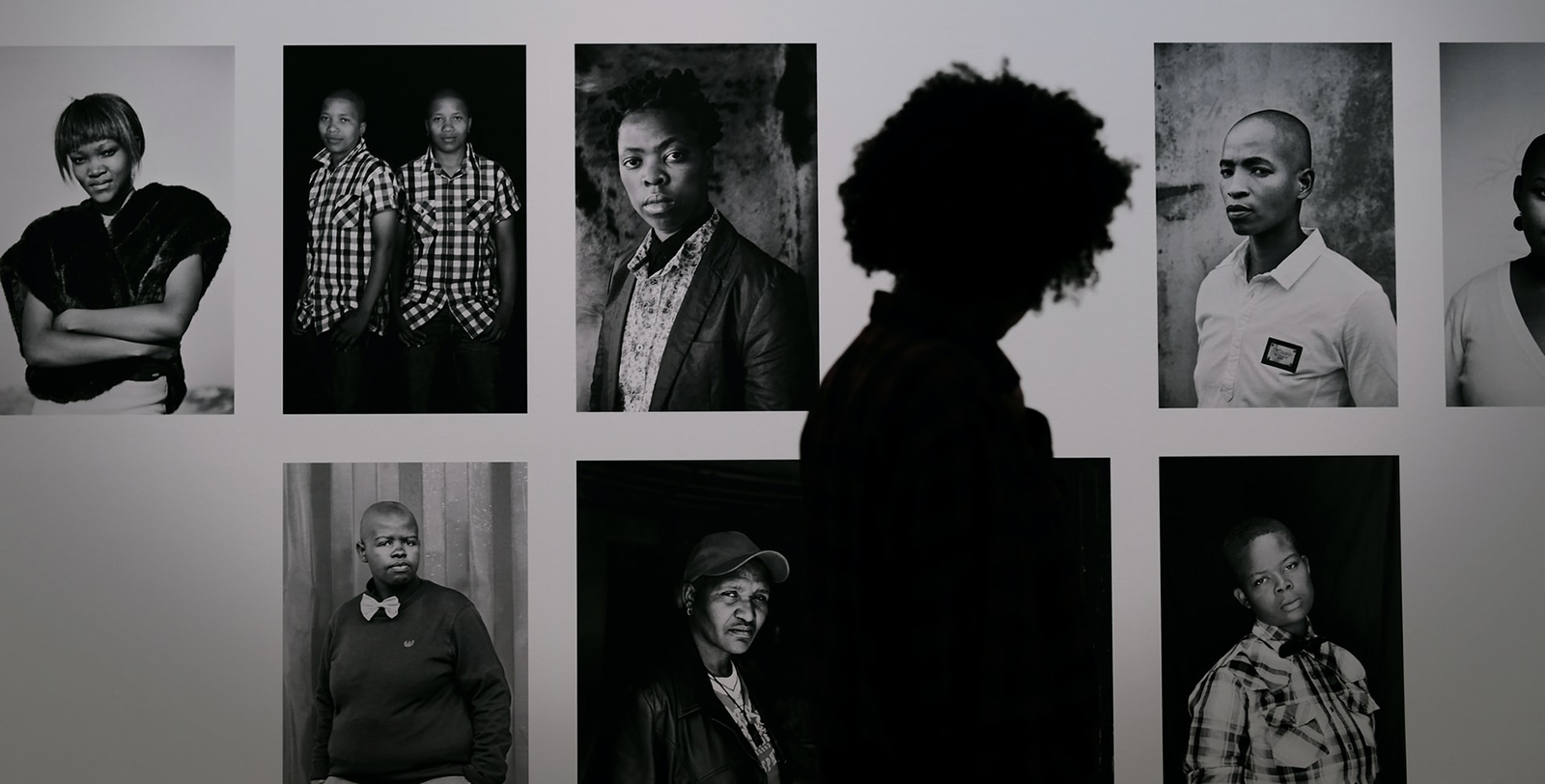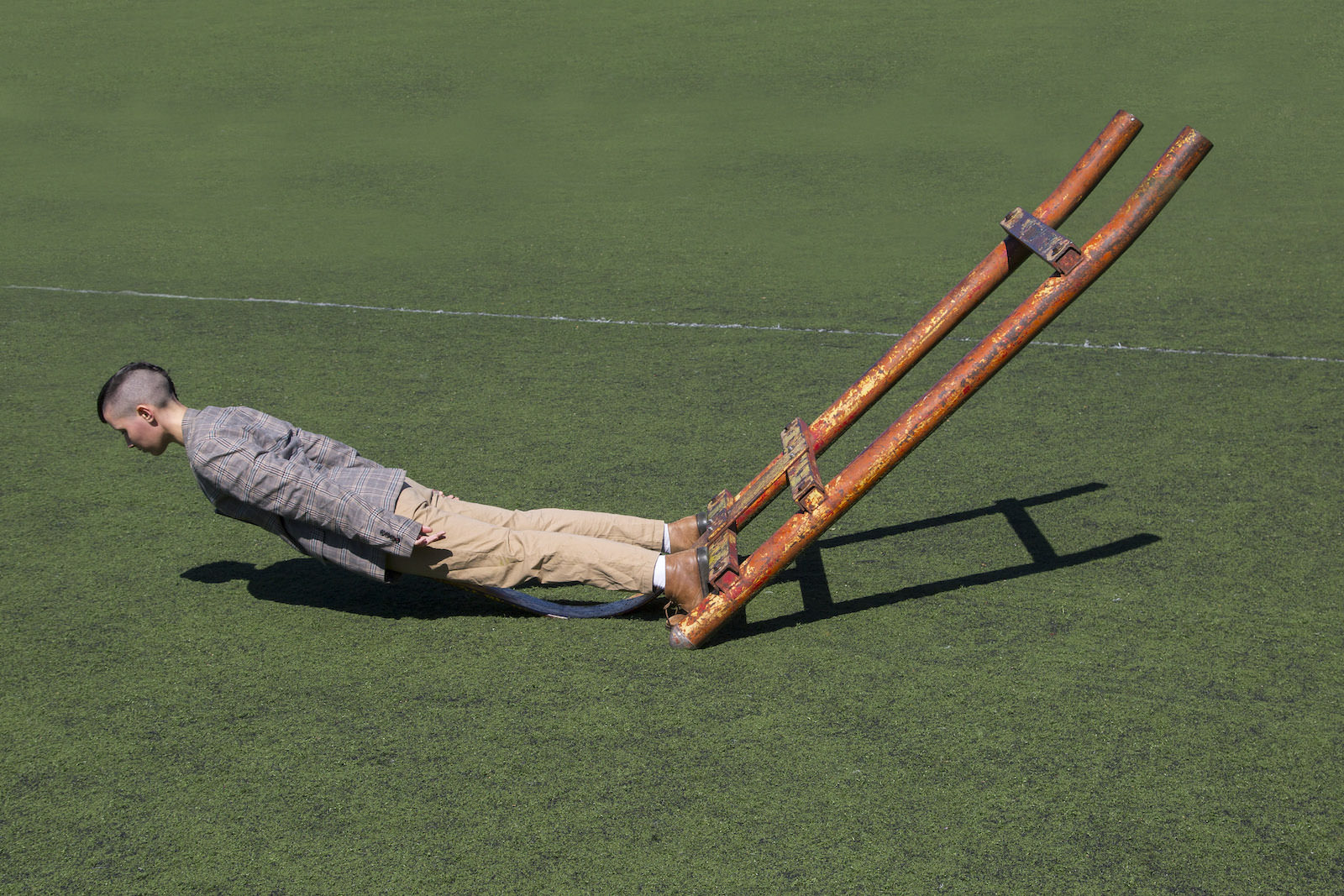
Strength Lies in the Team
After 27 years in the corporate world, and after reaching a very senior position, I was booted out rather unceremoniously. When I wrote to an American NGO friend of mine, to tell him I was leaving the corporate world, his words to me were, “Congratulations, Rajiv. A person with your creativity should not stay in an environment that quells your independent and creative spirit.”
A month later, looking out at the snow-capped mountains in India, I decided that I would follow my passion and become a photographer, and this is the path that I have followed since then.
What I have also done is push my boundaries, and have invested considerable time in building my knowledge to be able to move into a fine-art direction.
Yet, it is not easy to build a career, in the middle of life, as a photographer and especially not in North India, where appreciation for creative photography is limited. This moment of insight came to me almost three years back, almost to the day, and this is the path that I have followed since.
After mulling over the eternal question of how to make money as a photographer, and yet to have the time to pursue my dream to become a fine-art landscape and people photographer, I dug deep into my experience to see how I could use some of the strengths I acquired over my past career to build a business now.
While most corporate writing focuses on strategy – corporate, marketing and finance – the oft ignored fact is that a successful corporate leader must be an excellent people manager.
My business partner and I decided that we would start lean, by having no employees, and building a team, or network, of associates. Why? We want to keep our costs low, and yet be able to pull in the appropriate person for a particular assignment.
The brand name that I have adopted for the future business is ‘Aranya’, which means ‘forest’ in Sanskrit and ‘spider’ in Catalan. The spider builds a net, as we intend to build our own network, and we hope that this will flourish like a healthy forest.
I have been in leadership positions in India, China and Singapore. What I have experienced in all of these countries is that if a leader focusses on a few basic principles, you can build strong teams. These principles cut across cultural differences.
I left China 10 years ago, and my team members remember me with fondness. I am in touch with most of them on WeChat, and this I believe does prove to a large extent that I have managed to build a relationship that transcends time.
The question that you may ask is – what are some of these core principles that I focused on.
The first is inclusiveness. People need to feel included in the team, in the direction. They like to feel part of a greater whole.
The second is respect. Too often, leaders berate their subordinates in public. They criticize their culture, their mistakes. They do not seek to understand. Respect a person. Respect the work that they do. Respect their heritage. Respect their time. Care about them and invest in them, so that they grow as people and professionals.
The third is constancy. As a leader, you cannot keep swaying with every gentle breeze. You need to demonstrate constancy of direction and purpose.
The fourth is toughness. Too often, toughness is associated with a primitive alpha-male behavior. However, while toughness does mean demonstrating tough love when needed, a tough leader is also one who can demonstrate calm when the waters are choppy.
The fifth is integrity. Integrity to the spirit of the work, the organization, and not just financial integrity.
None of these lessons came easily. When I first acquired a leadership position, I made all the mistakes that had to be made and some more. I was working in an alpha-male environment and needed to adapt. This, I did.
Along the journey, I also smiled when a team member said that I should have stayed at home and worn women’s clothes. That comment stung. Honestly, I did not know how to react at that point, so I stayed quiet. I learned, however, that I needed to demonstrate toughness when needed. When the moment came to dish out some tough love, I did so without compromise. I don’t think that I was particularly sympathetic at that time, and while my action generated some fear in those who had criticized me, it did not develop respect either.
The toughest lesson I learned was that in order to gain respect as a leader who builds strong teams, you must give respect first.
There is no magic bullet or corporate training program that teaches this to you, and I did not learn this in any training program.
I learned this in the hard school of life, in the falling and getting up. I have had my proverbial nose bloodied more often than I care to remember.
Yet, I have not regretted the journey, and believe that building teams is now one of my best strengths.












